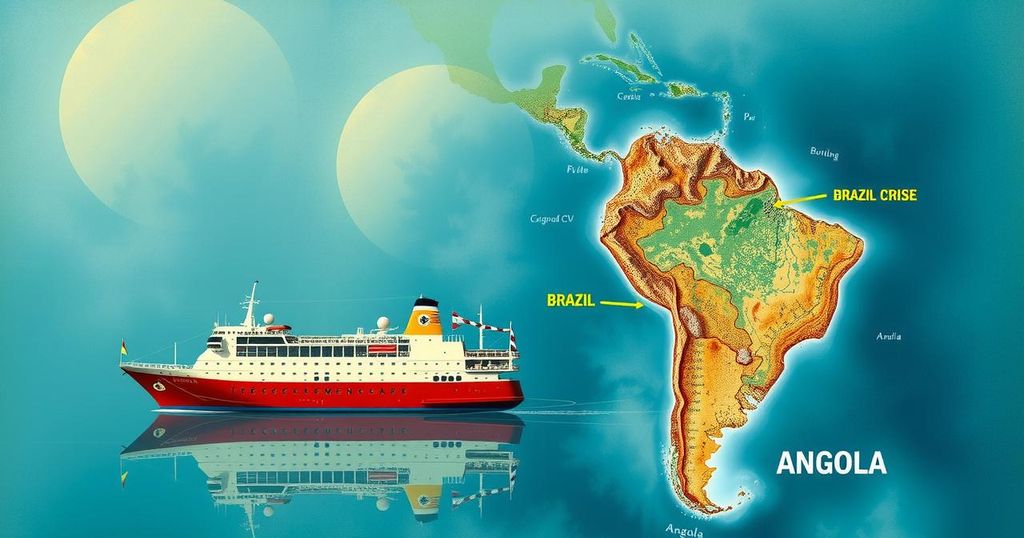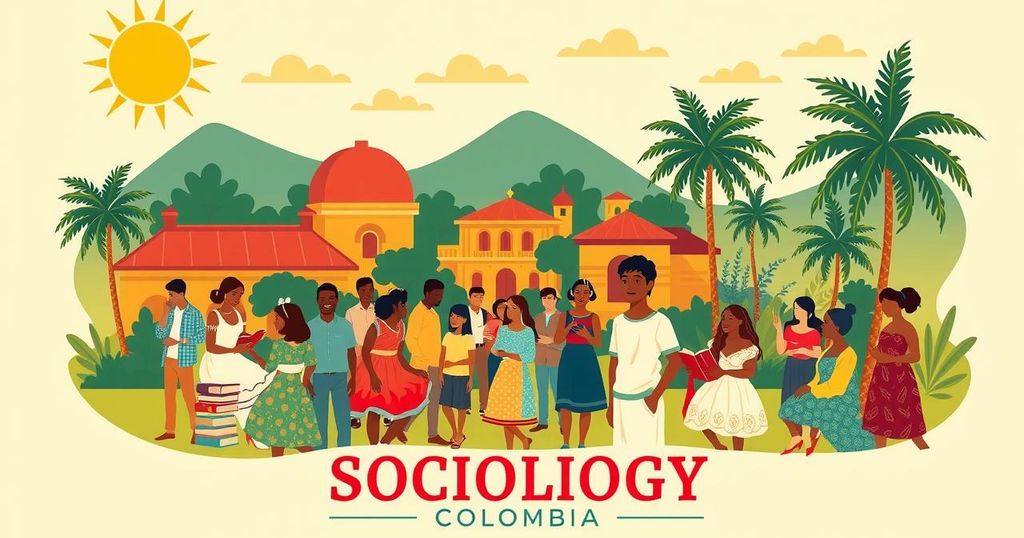Great Passage: A Journey to Confront the Legacy of the Slave Trade
The Great Passage cruise will retrace the transatlantic route of enslaved Africans from Brazil to Angola, aiming to educate participants about the slave trade’s history and promote accountability. Helena Monteiro da Costa, whose father was enslaved, anticipates this journey to honor her family’s legacy.
In a groundbreaking initiative, a cruise known as the Great Passage is set to retrace the infamous transatlantic route that millions of enslaved Africans were forced to endure from the 16th to the 19th centuries. The voyage will take participants from Brazil back to Angola, aiming to educate and promote accountability regarding the dark history of the slave trade. Helena Monteiro da Costa, whose father was among those forcibly taken from Angola, looks forward to making this journey in a bid to honor her father’s legacy and confront the painful past of her family’s history.
From the 16th century onwards, Brazil became the destination for nearly five million enslaved Africans, more than any other nation. The majority of these individuals were transported under deplorable conditions aboard Portuguese ships. The Great Passage cruise represents not only a journey through the waters of history but also an opportunity for reflection and healing.
The transatlantic slave trade significantly shaped the societies of both Brazil and Angola. Between the 16th and 19th centuries, Brazil received the largest number of enslaved Africans, primarily from Angola. This cruel trade involved the transportation of millions under harrowing conditions, deeply influencing the demographic, cultural, and social landscapes of the two nations. The proposed cruise aims to shed light on this history and promote understanding and reconciliation between descendants of enslavers and the enslaved.
The Great Passage cruise embodies an essential step towards acknowledging and reconciling with a painful legacy. By retracing the steps of their ancestors, participants such as Helena Monteiro da Costa seek to foster education and reflection on the harrowing experiences endured by millions during the transatlantic slave trade. This initiative not only commemorates the past but also encourages dialogue about racial justice and healing in the present.
Original Source: www.scmp.com




Post Comment